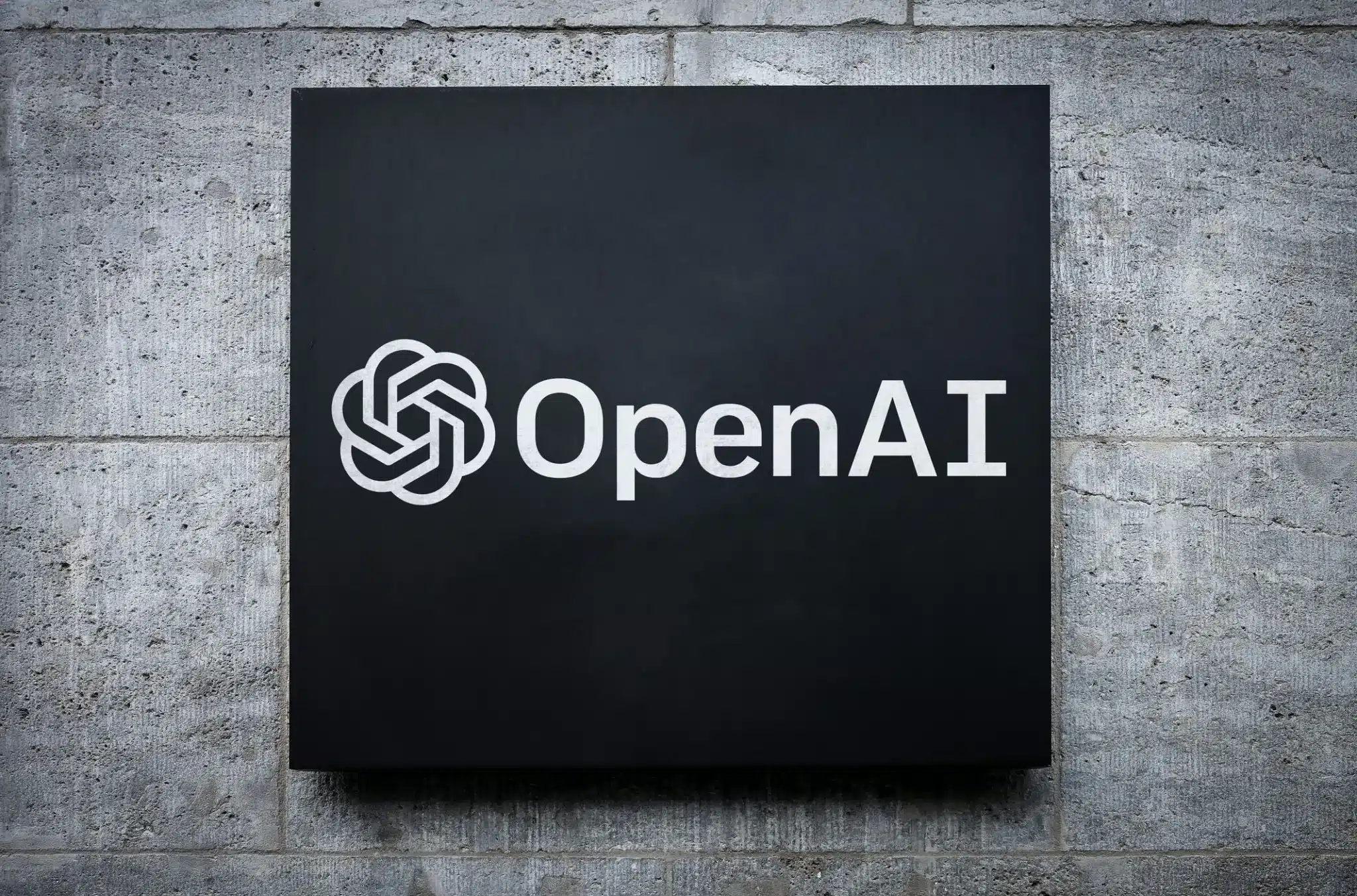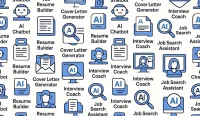A US court has denied Elon Musk’s request for a preliminary injunction to block OpenAI’s ongoing shift from a non-profit into a for-profit company.
The decision marks a setback for the billionaire entrepreneur in his legal battle against the AI developer he helped create.
Court Rejects Musk’s Injunction Request
On Tuesday, US District Judge Yvonne Gonzalez Rogers ruled Musk did not meet the legal requirements needed to temporarily halt OpenAI’s corporate transition.
The ruling came from a federal court in Oakland, California.
In her decision, Rogers stated that Musk failed to meet “the high burden required for a preliminary injunction.”
However, she also signaled the court is open to fast-tracking the case, potentially moving to trial later this year.

What Musk Claims in His Lawsuit Against OpenAI
Musk, who co-founded OpenAI in 2015 alongside current CEO Sam Altman, sued the company and Altman last year.
His lawsuit argues:
- OpenAI was originally created as a nonprofit, dedicated to developing AI for the benefit of humanity.
- Musk contributed funding based on that nonprofit mission.
- OpenAI’s recent shift toward a for-profit model violates that original purpose.
- Altman and OpenAI are now prioritizing profits over public benefit.
Musk expanded the case in late 2024, adding federal antitrust claims and other legal challenges. In December, he asked the court to block OpenAI from finalizing its for-profit transition until the case was resolved.
OpenAI’s Response
OpenAI, which now operates as a “capped-profit” company under its current structure, defended its decision to seek outside investment.
The company argues building cutting-edge AI technology requires enormous capital, which isn’t possible under a pure nonprofit model.
In a statement after the ruling, OpenAI said:
it welcomed the court’s decision to deny Musk’s injunction request.
The company continues to maintain that its hybrid model balances innovation with public benefit.
What This Means for OpenAI’s Backers
OpenAI’s biggest investor, Microsoft, has not publicly commented on the ruling. Microsoft has invested billions into OpenAI and heavily integrates its technology into products like Azure and Microsoft 365.
Hiring? Post jobs for free with WhatJobs
Legal Fight Far From Over
While Musk lost this early bid, the larger lawsuit is still moving forward. Judge Rogers’ willingness to fast-track the trial could bring a final decision within months.
Musk’s lawyer, Alex Toberoff, emphasized that Musk’s ultimate goal is to hold OpenAI accountable.
He said:
“We look forward to a jury confirming that (OpenAI CEO Sam) Altman accepted Musk’s charitable contributions knowing full well they had to be used for the public’s benefit rather than his own enrichment.”
Musk and OpenAI: From Co-Founders to Rivals
- Musk and Altman co-founded OpenAI in 2015, aiming to build safe AI for humanity.
- Musk left OpenAI before its recent breakthroughs, citing differences in strategy.
- In 2023, Musk launched a rival AI company, xAI, to pursue his own vision for responsible artificial intelligence.
What’s Next in the Case?
The court’s denial of Musk’s injunction is only one step in a much larger legal battle. If the case goes to trial, it could explore:
- Whether OpenAI violated its founding agreements.
- Whether OpenAI misled donors, including Musk.
- Whether OpenAI’s shift to for-profit violates antitrust laws.
With both sides preparing for a full court fight, this case could shape how future AI companies structure themselves — especially those born from nonprofit origins.
Need Career Advice? Get employment skills advice at all levels of your career
Key Takeaway: OpenAI Wins This Round, but Legal Battle Continues
Musk’s request to block OpenAI’s for-profit shift has failed for now, but the court’s decision to expedite a trial keeps the pressure on.
The final outcome could impact not just OpenAI, but also how tech companies balance profit, public benefit, and investor demands.




